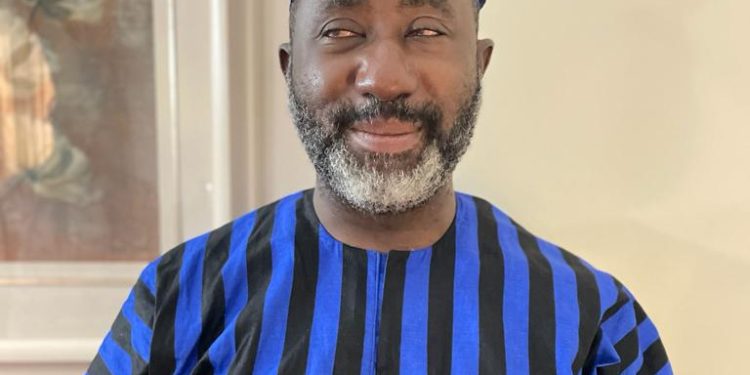Dr Adebukola Adebayo, Disability-Inclusive Expert and Chairman, Inclusive Development Consults, has commended the landmark judgment of the Supreme Court of Nigeria which granted financial autonomy to Local Government Councils in Nigeria, stressing that it could serve as a great opportunity for strengthening disability inclusion specifically at the local government level, and largely across the country.
In a press statement made available to BONews Service, Dr Adebayo explained that financial autonomy will create opportunities for improving access of PWDs to basic social services and increase their ability to contribute meaningfully to the development of their immediate local communities and the nation as a whole.
Adebayo clarifies that since financial autonomy will lead to access of the local government councils to more resources, it is expected that the leadership will make appreciable investments of local government councils in expanding the scope of disability inclusion in the design and delivery of basic services such as health, education, social welfare, economic empowerment and public infrastructure.
Adebayo, who is also a consultant with the World Bank on DIsability-Inclusion, explained that “one of the key challenges faced by persons with disabilities (PWDs) in Nigeria is their poor access to basic social services especially within their immediate localities.
“PWDs usually go through very torturous pains of travelling long distances to look for, and access basic services like education, health, rehabilitation, etc; even as public transport systems largely remain inaccessible to them. The absence of locally accessible services is responsible for the deepening of poverty levels among PWDs as well as the increase of disability prevalence in Nigeria.
“This situation is worsened by the very low sensitivity of local government councils to persons with disabilities and their issues. At the moment, no local government in Nigeria has a legal or policy framework on disability.
“Credible evidence also suggests that inadequate financial, material, technical, human and other resources make it difficult for local government councils to provide for, and meet the needs of PWDs within their jurisdiction. As such, persons with disabilities are not usually included in the services provided by local government councils,” Adebayo noted.
While recognizing that the financial autonomy of Local Government Councils in Nigeria will contribute meaningfully to strengthening of disability inclusion across all sectors at the local level, Adebayo urged LGAs to commit between 10-15% of their proposed 2025 budgets towards accelerating disability inclusion.
The statement reads in part that “in the immediate, and as preparations for the year 2025 budget commences, all local government councils should commit between 10-15% of their proposed 2025 budgets towards accelerating disability inclusion in their basic services.”
He also recommended the “Adoption of the Local Government Disability Framework which we have developed in partnership with Hope Inspired Foundation for Women and Youths with Disabilities (HIFWYD) and submitted to the Association of Local Government of Nigeria ALGON; Setting-up a dedicated Office for Disability Affairs; Setting-up the process of collection and management of disability database;
“Provision of assistive technologies and materials to PWDs; Allocation of 5% employment quota to qualified PWDs; Allocation of 10-15% quota of social and economic empowerment benefits to PWDs; and Commencement of Disability Audits of essential services including primary health care, basic education and public buildings and infrastructure.”
He also charged Organizations of Persons with Disabilities (OPDs) to collaborate with mainstream Civil Society Organizations to step up their advocacy engagements with individual local government councils as well as ALGON at state and national levels, to ensure the achievement of disability-inclusive local government in Nigeria.

